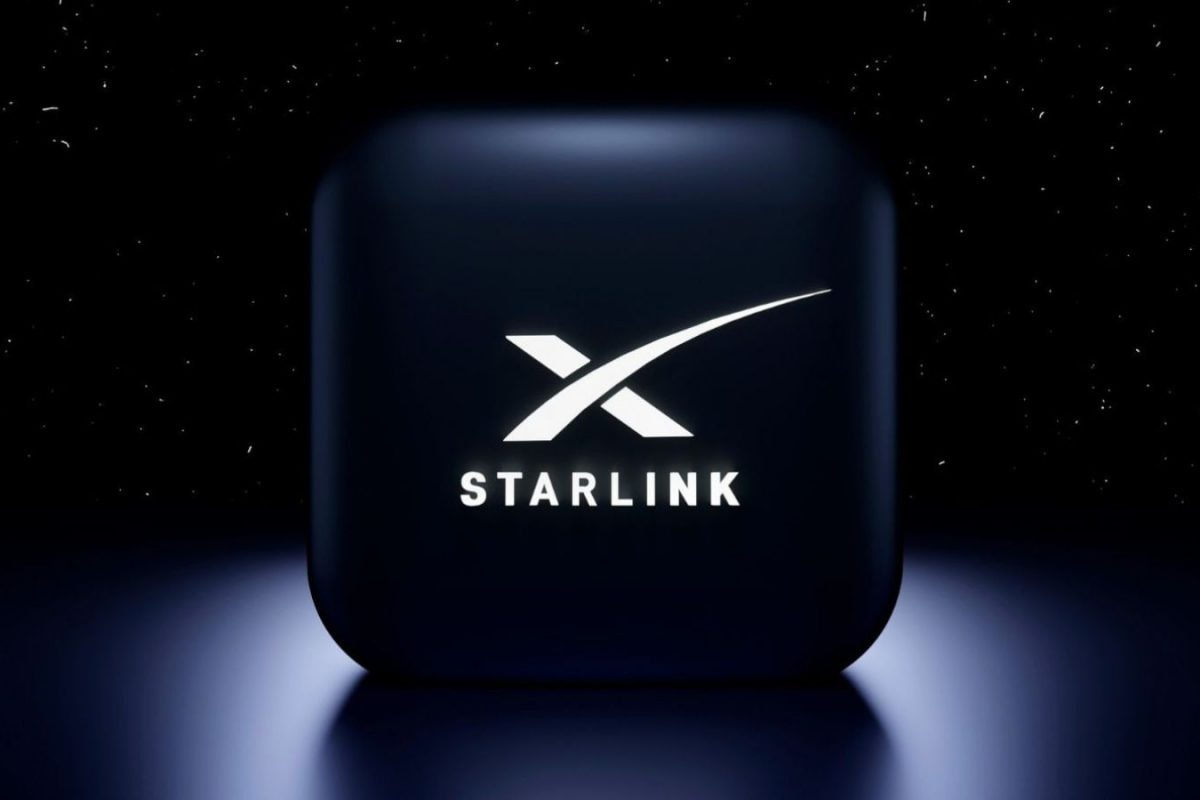

Elon Musk's Starlink is gearing up to launch its satellite-based internet services in India within the next two months, marking a significant step towards enhancing connectivity in remote and underserved regions. This move comes after the company secured a crucial license from the Department of Telecommunications (DoT) last week, paving the way for commercial operations in the country. Starlink is the third company to receive this approval, following Eutelsat's OneWeb and Reliance Jio.
As part of its launch strategy, Starlink plans to offer a complimentary one-month trial period with each device purchase. This will allow potential customers to experience the service before committing to a monthly subscription. The company has also finalized its pricing structure for the Indian market. The required satellite dish device will cost approximately ₹33,000. Customers can expect to pay ₹3,000 for the monthly unlimited data plan.
Starlink's entry into the Indian market promises to revolutionize internet access, particularly in areas where traditional broadband infrastructure is lacking. The company's low Earth orbit (LEO) satellite constellation aims to deliver high-speed internet to previously unreachable locations. This could have a transformative impact on rural communities, educational institutions, and businesses operating in remote areas.
The pricing strategy aligns with Starlink's approach in neighboring countries. For example, the device is also priced at ₹33,000 in Bangladesh and Bhutan. This regional consistency suggests a strategic effort to make the service accessible across South Asia.
Starlink currently operates in over 100 countries, offering both residential and roaming plans. In most regions, the residential service is divided into two categories: Residential Lite, designed for light usage and smaller households, and Residential, suited for larger households with higher data needs. It remains to be seen whether Starlink will adopt a similar tiered approach in India.
Industry experts believe that Starlink's arrival could intensify competition within India's telecommunications sector. While India is known for its affordable data rates, Starlink is positioning itself as a premium provider in areas where terrestrial internet is unreliable or unavailable.
Starlink had been vying for an Indian license since 2022. The recent approval marks the end of a long wait. In the past, Starlink has signed pacts with Reliance Jio and Bharti Airtel, which control over 70% of the country's telecom market. These partnerships could help Starlink with distribution and customer acquisition.